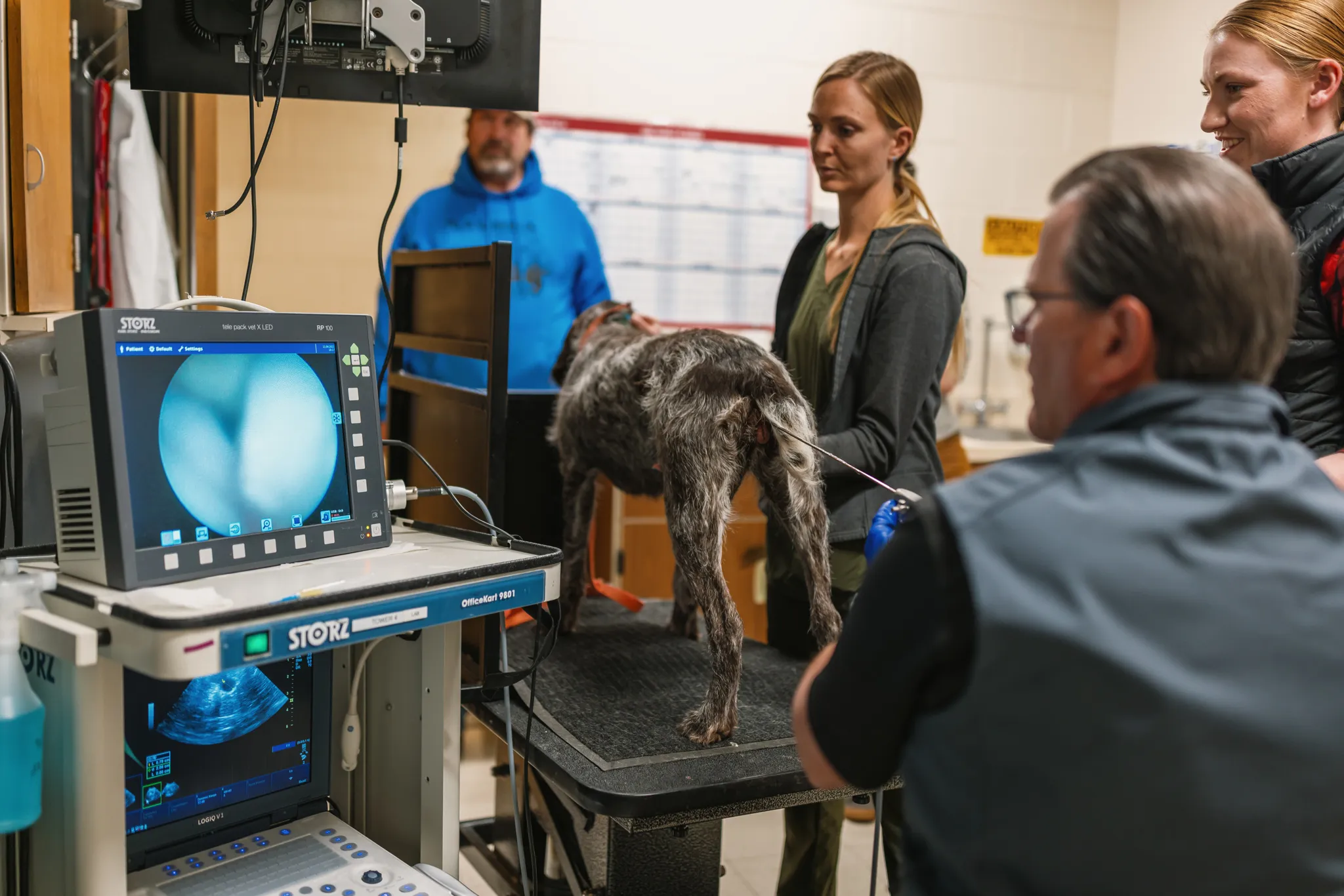Bringing a litter into the world through artificial insemination in dogs can be a rewarding yet precise process for breeders and owners. Several critical elements determine the likelihood of successful pregnancy, including semen type, quality, timing, deposition site, and the fertility of both the stud dog and bitch. Understanding these artificial insemination dog veterinary cost factors helps maximize conception rates while minimizing risks. Whether you’re a novice breeder or experienced handler, optimizing these aspects is essential for healthy outcomes.
This guide draws from veterinary expertise, such as protocols from Colorado State University (CSU) Veterinary Teaching Hospital, to provide reliable insights. By focusing on evidence-based practices, you can enhance fertility and litter size effectively.
Types of Semen Used in Canine Artificial Insemination
The choice of semen type significantly impacts viability and pregnancy success in artificial insemination for dogs. Three primary options exist: fresh, fresh-chilled, and frozen, each with unique storage and lifespan characteristics.
Fresh Semen
Fresh ejaculated semen offers the highest viability, lasting up to 5-7 days in the bitch’s reproductive tract when collected from young, fertile stud dogs. This natural form retains maximum motility and energy, making it ideal for local breedings where immediate use is possible.
Fresh-Chilled Semen
Fresh-chilled semen is diluted in specialized extenders containing egg yolk and buffers, then cooled to 4°C. It remains viable for 3-4 days, and in some cases up to 10 days, conserving sperm energy for extended longevity. This method enables cost-effective shipping within the U.S. or to nearby countries like Canada and Mexico, avoiding the expense of transporting live dogs. For breeders exploring artificial insemination dog breeding, fresh-chilled semen balances convenience and fertility.
Frozen Semen
Frozen semen, stored in liquid nitrogen at -196°C in straws or pellets, undergoes freeze-thaw damage, limiting post-thaw lifespan to 12-24 hours. Precise timing is crucial here, as oocytes must be ready for fertilization upon intrauterine deposition. While ideal for international transport and preserving elite genetics, it demands expert handling to offset reduced sperm numbers and fragility.
Veterinary assessments confirm that semen quality—motility, concentration, and morphology—directly correlates with success rates across all types.
Optimal Timing: Monitoring the Bitch’s Estrous Cycle
Timing insemination precisely to the bitch’s heat cycle is paramount for artificial insemination in dogs. Ovulation typically follows the luteinizing hormone (LH) surge, marked by progesterone levels around 2 ng/ml (LH Day 0).
Common monitoring methods include:
- Progesterone blood tests: Track rising levels every 2-3 days starting 5 days post-heat onset.
- Vaginal cytology smears: Detect cellular changes indicating cycle stage and rule out infections.
- Vaginoscopy: Visualizes vaginal vault for estrus progression and anatomic issues like strictures.
Insemination schedules vary by semen type:
- Frozen: Days 4-5 or 5-6 post-LH.
- Fresh/chilled: Days 3-7 post-LH, allowing multiple attempts.
For those seeking local expertise, consider reproductive services for dogs near me to ensure accurate cycle tracking. Poor timing reduces fertilization odds, emphasizing professional oversight.
 Vet performing transcervical insemination on dog
Vet performing transcervical insemination on dog
Dr. Greg Burns demonstrates transcervical insemination at CSU, a non-surgical method boosting success with frozen semen.
Insemination Techniques: Deposition Sites and Methods
The semen deposition site influences sperm transport to the fertilization site (oviducts). Techniques range from simple to advanced, selected based on semen type and bitch suitability.
Transcervical Insemination (TCI)
Recommended for frozen or low-volume semen, TCI deposits directly into the uterus without anesthesia. Developed by Dr. Marion Wilson in 2001, it allows multiple sessions per cycle and suits most bitches, including large breeds with newer slim endoscopes. Behavioral challenges may limit its use in some cases.
This method maximizes pregnancy rates by bypassing vaginal barriers, especially vital for dog insemination with compromised sperm.
Vaginal Insemination
Suitable for high-quality fresh/chilled semen, this non-invasive approach uses a catheter with an inflatable bulb mimicking natural tying. It triggers oxytocin release for uterine contractions, flushing sperm forward. Economical and skill-light, it’s perfect for maiden bitches or failed natural matings but suboptimal for frozen semen due to low sperm survival in the vagina.
Surgical Intrauterine Insemination
Not recommended due to anesthesia risks, single-use limitation per cycle, and no superiority in rates over TCI. Facilities like CSU avoid it entirely.
Semen Handling and Assessment: The Final Frontier
Regardless of type or technique, meticulous handling preserves viability. Pre-insemination evaluation by a certified professional—checking motility (>60-70% ideal), count (200+ million motile sperm/dose for fresh), and morphology—is non-negotiable.
Proper thawing (frozen), extension, and temperature control prevent damage. For breeding programs, explore dog breeding insemination resources to refine protocols.
Experienced breeders report 70-90% pregnancy rates with optimal management, per American Kennel Club data.
Conclusion: Maximizing Success in Artificial Insemination for Dogs
Artificial insemination in dogs thrives on synergy: superior semen, precise timing, optimal deposition, and expert handling. By prioritizing fresh/chilled for viability or TCI for frozen, and monitoring cycles rigorously, breeders achieve reliable litters. Always consult board-certified theriogenologists for personalized plans, ensuring bitch and puppy health.
Ready to breed? Schedule a semen analysis or cycle check today for the best results.
References
- Colorado State University Veterinary Teaching Hospital: Artificial Insemination with Canine Semen
- Wilson, M.S. (2001). Transcervical insemination techniques in dogs. Theriogenology.
- American College of Theriogenologists guidelines on canine semen evaluation.
